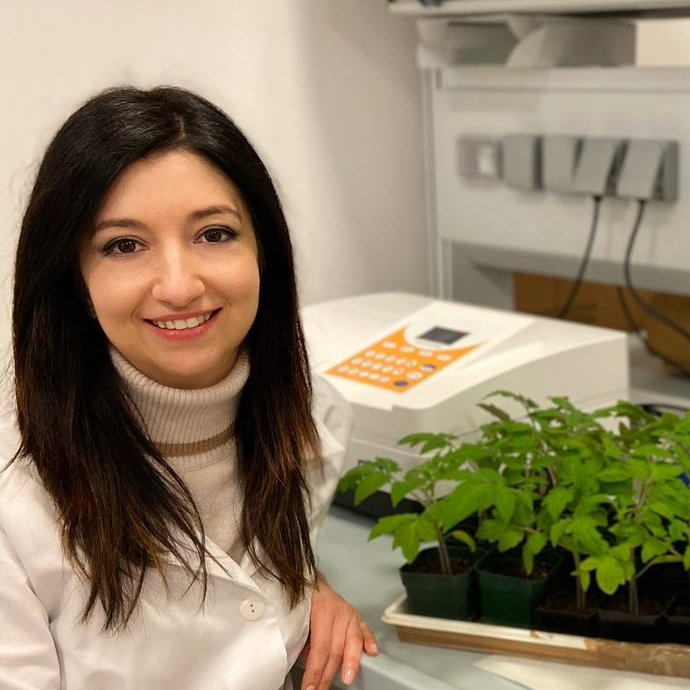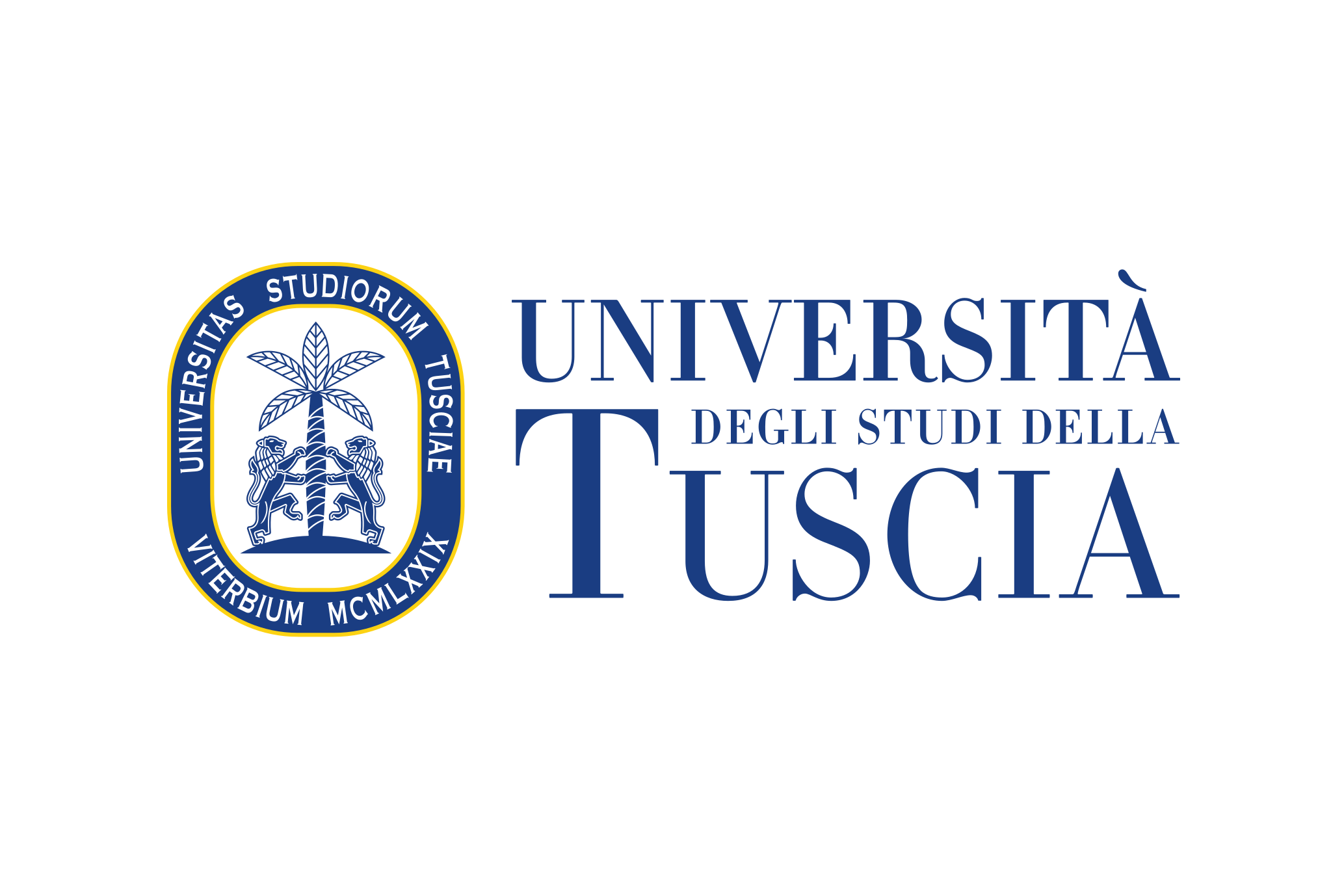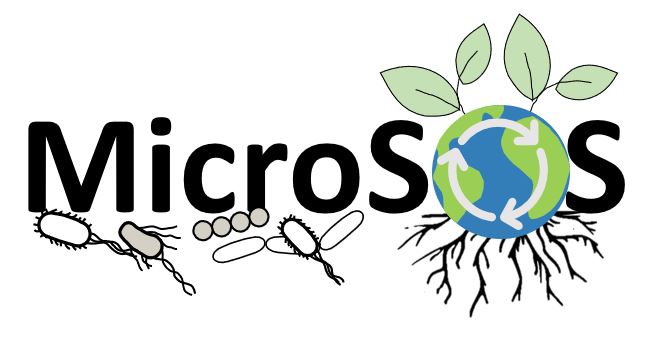
Dr. Silvia Proietti
Associate Professor, UNITUS
Silvia and her team from the Plant Biochemistry and Molecular Biology Group have especial interest in unravelling plant-(a)biotics interaction, with a focus on the role of plant hormones in shaping this interaction, by integrating traditional biomolecular techniques and omics approaches.
Team of Unitus

Gaia Salvatore Falconieri
Postdoctoral Researcher
Gaia is a postdoctoral researcher in the Plant Biochemistry and Molecular Biology laboratory at Tuscia University, Italy.
During her PhD, she has studied the molecular mechanisms involved in the interaction between tomato (Solanum lycopersicum, L.) and the beneficial microbes using an –omics approach. Her expertise focuses on the plant defense mechanisms against biotic stress with a focus on phytohormones as signal molecules.

Laura Bertini
Assistant Professor
Laura is a researcher in Plant Biochemistry and Molecular Biology at the Department of Ecological and Biological Sciences of University of Tuscia, Viterbo, Italy.
Her expertise is studying plant defense responses to (a)biotic stresses, using Arabidopsis and crops as models. In the last decade, she also focused on plants from extreme environments (Antarctica and the Arctic) studying both the adaptation mechanisms and the responses to environmental stressors and climate change, without overlooking the influence of plant-associated microbial community. Fungi isolated from leaves of the Antarctic plant Colobanthus quitensis and from rhizosphere of the Arctic plant Silene acaulis were tested as potential biostimulants and/or biocontrol agents on tomato plants highlighting interesting bioprospecting perspectives for a sustainable crop management.

Matteo Fiaschetti
Research fellow
Matteo is a research fellow in the Plant Biochemistry and Molecular Biology laboratory at Tuscia University, Italy.
During his master’s degree, he studied the role of the GLYI4 protein in jasmonic acid signaling in Arabidopsis thaliana. He has gained expertise in advanced molecular biology and biochemistry techniques, including gene expression analysis, confocal microscopy, and plant resistance assays against biotic stress. Currently, his research focuses on the isolation of viral sequences from fungi in extreme environments, with a particular interest of these in enhancing plant resistance mechanisms against biotic and abiotic stresses.

Michael Bianchi
Research fellow
Michael is a research fellow in the Plant Biochemistry and Molecular Biology laboratory at Tuscia University, Italy.
During his master thesis he studied stress responses of Olive cv. Canino to salt and drought stress. His current work focuses on biochemical responses in different plant species under biotic and abiotic stress, by using -omics approaches.

Elisabetta Bizzarri
PhD candidate
Elisabetta and is a PhD student in the Plant Biochemistry and Molecular Biology laboratory at Tuscia University, Italy.
The main purpose of her PhD project is to conduct an in-depth analysis of plant-microorganism interactions aimed at understanding the role of microorganisms in fitness and defense against abiotic stresses in tomato plants (Solanum lycopersicum L.). Her expertise focuses on plant defense mechanisms against biotic and abiotic stresses, with a special focus in identification of proteins involved in plant-microbe interaction.

Fulco Frascati
PhD candidate
Fulco is a PhD student in the Plant Biochemistry and Molecular Biology group at Tuscia University, Italy.
In the context of eco-sustainable agriculture, his PhD project focuses on the characterization of fungi and their associate virome from extreme environments, and the evaluation of their potential use for sustainable agriculture. The project has several goals, among which analyze the fungal biodiversity through ITS sequencing, make use of a culturomic approach to isolate fungal strains, identify mycoviruses associated with fungi and study the effects of mycoviruses on fungal strains. Finally, comparative experiments to evaluate the effects of mycoviruses/fungal strains on tomato (Solanum lycopersicum L.) plant health in response to biotic and abiotic stress will be performed.
Contact Unitus

